Reduce program load
Ms. TT Thu, a Literature teacher in Nam Dinh, said that the 2018 general education program for Literature requires teachers to complete 5-6 activities per lesson. In fact, in 45 minutes, teachers can usually only ensure 2-3 activities as required.
Currently, the school where Ms. Thu works has implemented teaching 2 sessions/day with a duration of 3 days/week, 1 session on the remaining 2 days and Saturday off. The school has reduced the number of teaching periods from session 1 to session 2.
Students study cultural subjects all day at school. Ms. Thu said that in the 2018 education program, activities can be implemented for students to practice Literature. But currently teachers have not done it because of lack of time.
According to regulations, teachers teach 19 periods per week, but currently Ms. Thu has to take on 22 periods. Teachers who exceed the regulations have not received financial support. If practical activities for students are to be increased, Ms. Thu believes that either the class periods must be reduced, which means cutting down on the curriculum, or more teachers must be hired.
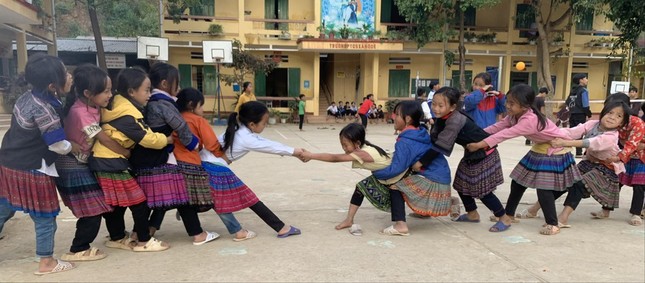 |
Students of Mo De Primary and Secondary Boarding School for Ethnic Minorities, Mu Cang Chai (Yen Bai) during break time. Photo: NGHIEM HUE |
Mr. Bui Van Thu, Head of the Education Department of Meo Vac District (Ha Giang) said that most of the secondary schools in the district are semi-boarding schools, so students study 2 sessions per day. In which, the first session is for regular teaching, the second session is for reviewing and extracurricular activities.
In Meo Vac in particular and Ha Giang in general, schools organize activities to incorporate traditional culture into teaching, eliminate bad customs, provide career guidance, and provide experiences. Experiential activities are carried out according to the conditions of each school. For example, schools sponsored by the PLAN International project organize for students to grow vegetables, grow mushrooms, and raise chickens, helping students gain practical experience and have food for daily meals; other schools organize for students to visit historical and cultural sites, etc.
Traditional culture lessons are implemented in a variety of ways, some schools organize classes such as panpipe dancing, folk singing, drumming. The school invites local artists, or integrates them into the lessons. In addition, periodically during the year or semester, competitions such as ethnic costume and folk song performances are organized.
To make students become the best version
The 2018 education program requires primary school to have 2 sessions per day (implemented from 2020). At the secondary school level, the Ministry of Education and Training encourages localities to create conditions to organize 2 sessions per day. Previously, in 2013, the Ministry of Education and Training issued Document 791 on piloting the development of general school education programs.
This pilot program teaches 2 sessions/day and implements educational and experiential activities in schools. Nguyen Tat Thanh Secondary and High School (Hanoi National University of Education) is one of the schools that has been piloting since that day. As the person in charge of school management at that time, Ms. Nguyen Thi Thu Anh (now the General Director of NS International Education, Nguyen Sieu School education system, Hanoi) recalls that in 2013, the concept of "school program" was quite new in Vietnam.
Biology teachers will assign group learning tasks for students to go to the Biology Museum and Biology Garden of the Biology Department, Hanoi National University of Education, to create interesting learning products together.
That process forces students to cooperate and be creative, which helps them learn more deeply, remember longer, and love learning more. Instead of one-way transmission, teachers switch to teaching through discovery and experience," said Ms. Thu Anh.
Speaking to reporters, the Ministry of Education and Training said it is listening to local opinions and waiting for the Government's direction to develop a project to guide schools in organizing effective teaching of two sessions per day, meeting requirements in the new context and expectations.
In addition, Nguyen Tat Thanh Secondary and High School organizes differentiated teaching according to interests in the subjects of Arts (Flute, traditional musical instruments, Singing, Folk dancing, Guitar, etc.) and Sports (Soccer, Basketball, Martial arts, Badminton, etc.), students are very interested in these subjects.
The advantage of the school is the consensus of the teachers to design teaching content, change the form of organization, teaching methods and assessment.
 |
Students in Hanoi during a class. Photo: NGHIEM HUE |
Through more than 10 years of implementing the school's education program, according to Ms. Thu Anh, building an education plan to develop students' capacity is not easy. The biggest difficulty is overcoming the fear of change of a part of teachers, so the school proactively helps them change step by step. When teachers' capacity is improved, the quality of education also increases significantly.
In fact, when Circular 29 on extra teaching and learning took effect, many schools struggled to find a solution to how to arrange free time for students when paid classes were no longer held.
When asked by reporters why this situation exists, Ms. Thu Anh said that this is very understandable. For a long time, paid tutoring has been considered a solution to help "compensate" for the main curriculum in terms of both study time and financial resources.
When suddenly terminated, many schools were passive, without suitable alternatives. The underlying reason was that the official curriculum did not meet the diverse learning needs of students, while previous extra classes helped to improve and supplement weak students, or develop personal capacity.
In addition, many schools lack experience in organizing alternative educational activities, have limited facilities, and have not been trained to comprehensively innovate educational methods.
In that context, the principal will not complain or "blame" but focus on redesigning the school's educational plan, integrating experiential activities, sports, arts, life skills; and promoting to change parents' perception of "extra learning" - shifting from passive learning to learning how to learn.
Mobilizing students to help each other in their studies is also the "secret" to the success of many principals in creating a positive learning environment and developing self-study capacity in conditions where extra teaching and learning are not organized.
Although many schools in the city face difficulties in terms of space and facilities, if the school leaders have creative and flexible thinking, organizing cultural, sports and artistic activities is still feasible and effective.
Ms. Thu Anh informed that she has witnessed many successful schools thanks to taking advantage of space and time such as: Integrating literature - sports - art content into core subjects (for example, teaching fine arts associated with environmental protection, or organizing folk dance during recess; turning hallways into reading spaces; organizing book introduction competitions to spread reading culture; inviting parents who are artists and coaches to participate in teaching; developing a system of sports, art, and life skills clubs),...
Focus on the quality of experiential activities. When students are able to live out their interests and explore their abilities, they will enjoy learning, be more confident and happier every day they go to school.
“I have witnessed the creativity of many principals across the country. They have overcome difficult circumstances to develop school programs. In those schools, education is not only about imparting knowledge, but also about nurturing students to become the best version of themselves,” said Ms. Thu Anh.
Source: https://tienphong.vn/day-hoc-2-buoingay-tao-moi-truong-hoc-tap-tich-cuc-post1740854.tpo









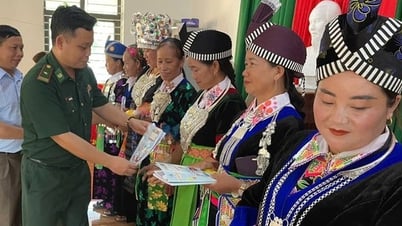
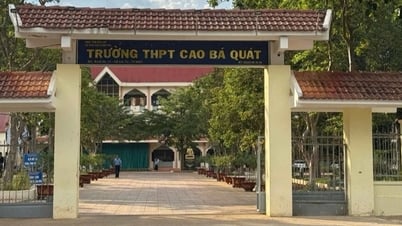

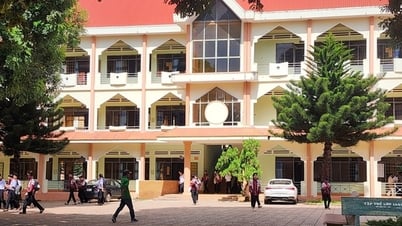
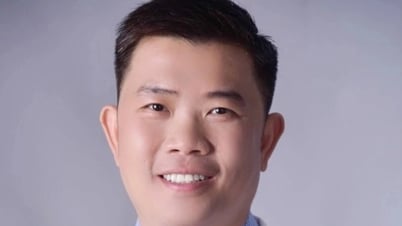






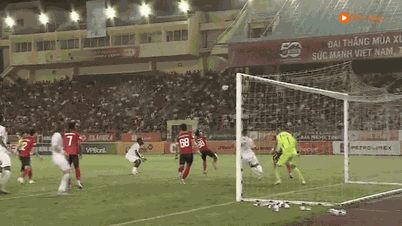

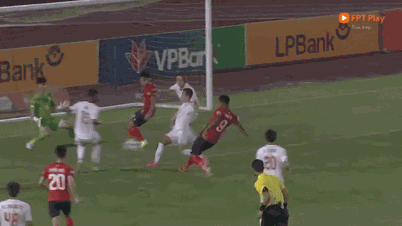
![[Photo] Ho Chi Minh City: Many people release flower lanterns to celebrate Buddha's Birthday](https://vphoto.vietnam.vn/thumb/1200x675/vietnam/resource/IMAGE/2025/5/10/5d57dc648c0f46ffa3b22a3e6e3eac3e)
![[Photo] General Secretary To Lam meets with Chairman of the Federation Council, Parliament of the Russian Federation](https://vphoto.vietnam.vn/thumb/1200x675/vietnam/resource/IMAGE/2025/5/10/2c37f1980bdc48c4a04ca24b5f544b33)











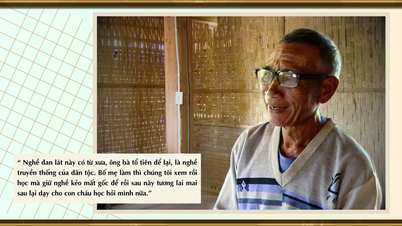

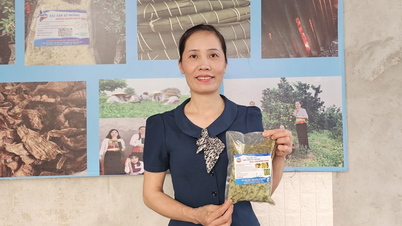





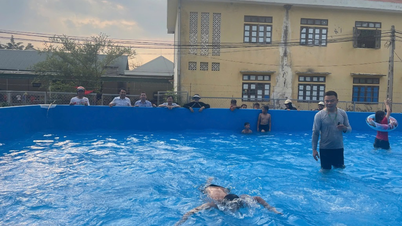








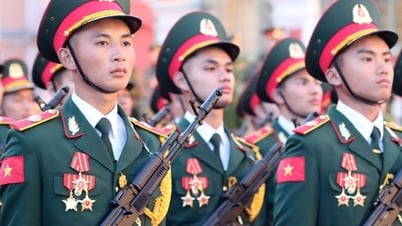

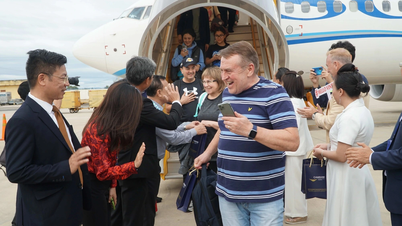











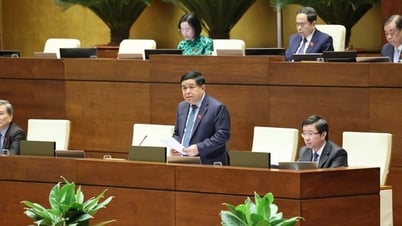

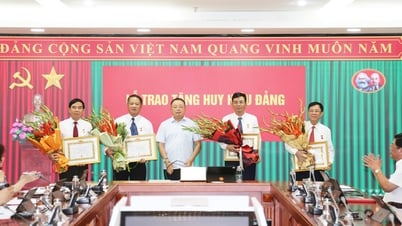
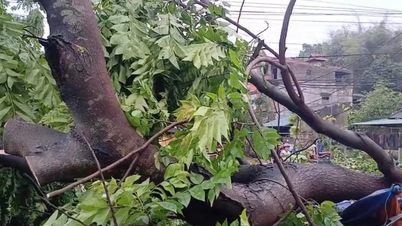

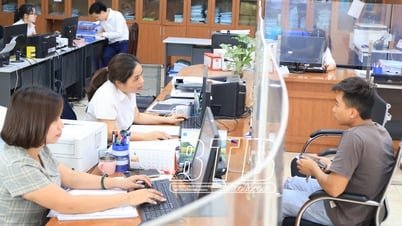

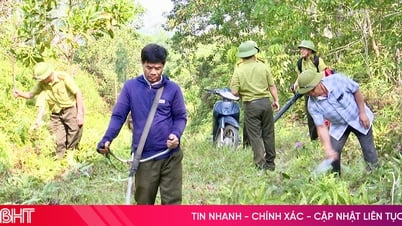

















Comment (0)